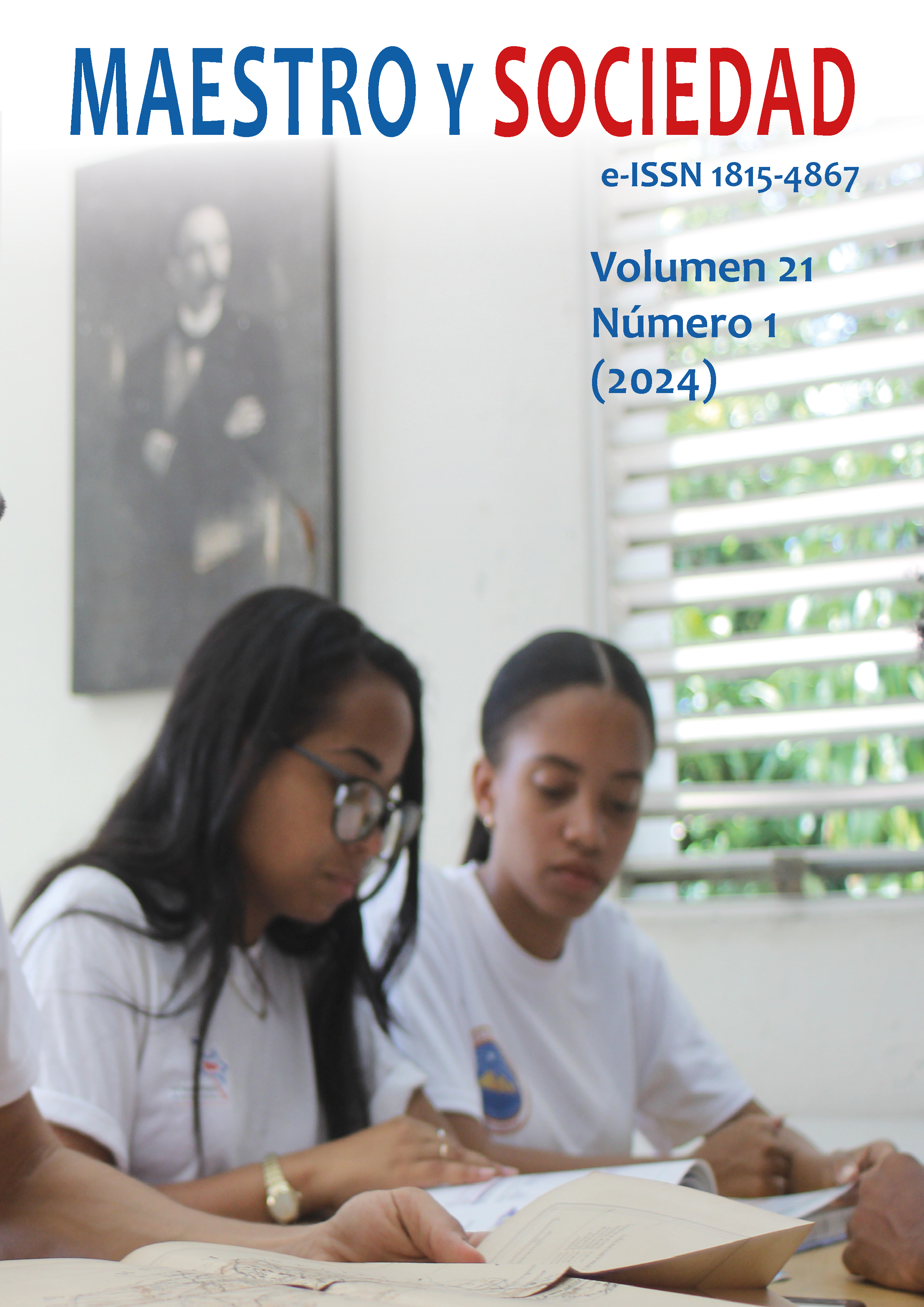Problemas de Escoamento de Águas Residuais no Bairro Katemo-Kuito/Bié em Angola
Palabras clave:
Katemo-Kuito, poluição e degradação, serviços de saneamento, águas residuais, doenças e mortesResumen
Introdução: No presente pesquisa analisa-se as estratégias adoptadas ao escoamento das águas residuais no bairro Katemo-Kuito, província do Bié. Assim como algumas características relacionadas com o destino das mesmas. Materiais e métodos: Neste artigo científico utilizou-se fundamentalmente métodos tais como: a observação na identificação visual dos factos em análise. Resultados: Angola é um país que tem um potencial hídrico excepcional, mas este recurso natural está distribuído desigualmente, devido ao crescimento desmedido da população e ao fraco tratamento das aguas residuais, porem este recurso tem sofrido muita poluição e degradação que compromete cada vez mais a sua disponibilidade para todos os angolanos. Os problemas dos sectores de abastecimento de água e saneamento no Município do Kuito não fogem muito do contexto geral da grande maioria das cidades de Angola. As infraestruturas de abastecimento de água e saneamento não acompanharam o crescimento da população e da cidade. Discussão: As irregularidades no abastecimento de água e a falta de acesso à rede pública leva a população a procurar fontes alternativas. Os serviços de saneamento de águas residuais privilegiam as áreas urbanizadas do centro da cidade, em detrimento das periurbanas onde habita a maior parte da população. Conclusões: O sistema de saneamento de águas residuais baseia-se na descarga dos efluentes para a rede de drenagem de águas pluviais sem que seja feito qualquer tratamento prévio ou em fossas sépticas e como alternativas utilizam-se as ruas e os cursos de água. Esta situação favorece a poluição dos recursos hídricos e do ambiente no geral com destruição dos ecossistemas ribeirinhos e elevados índices de doenças e mortes relacionadas com o consumo de água contaminada e por falta de saneamento básico.
Citas
Albino, C. I. C. (2013). Contributo Para A Análise Da Problemática Da Interferência Dos Dois Tipos De Sistemas – Caso De Estudo: Cidade De Olhão. Sistemas Urbanos De Drenagem De Águas Residuais E Pluviais. Relatório para a obtenção do 5 Grau Mestre Mestrado Integrado em Engenharia do Ambiente. Universidade Do Algarve. https://sapientia..ualg.pt>bitstream>Rela.
Alonso Leyva, O. y Santana González, Y. (2023). Gestión psicosocial de riesgo sísmico en la ciudad de Santiago de Cuba. Maestro y Sociedad, (Monográfico Educación Médica), 121-131. https://maestroysociedad.uo.edu.cu/index.php/MyS/article/view/6040/6038
Catumbela, A. R. (2014). Governo Provincial Do Bié. Administração Municipal Do Cuíto. Perfil Municipal Dinâmico Do Cuíto. Organização: Administração Municipal do Cuíto. FAS – Fundo de Apoio Social.
Google Earth Pro. Imagens satelitais obtidas aos 22/06/2019 e acessadas em 13/08/2019 as 15h50. https://cse.google.com/cse?cx=partner.pub0430614402458223:8440592317&ie=UTF-8&q=mapa+de+angola
Lisbôa, L. do A. (2016). Instituto Superior De Emgenharia Do Porto. Sistemas Istemas Públicos De Drenagem De Águas Residuais: Estudo Comparativo Entre O Regulamento Português E O Brasileiro. Dissertação submetida para satisfação parcial dos requisitos do grau de Mestre Em Engenharia Civil–Ramo De Construções.
Naghettini, M. (2012). Introdução à Hidrologia Aplicada. Universidade Federal De Minas Gerais. Escola De Engenharia. Departamento De Engenharia Hidráulica E Recursos Hídricos. Belo Horizonte.
Tyilianga, J. F. (2017). Problemática Do Abastecimento De Água E Saneamento De Águas Residuais No Município Do Lubango/Angola. [Dissertação de Mestrado. Universidade nova de Lisboa]. https://run.unl.pt>bitstream.
Santana-González, Y. (2022). Responsabilidad en salud ¿Un problema individual o del personal de salud cubano? Revista Cubana de Medicina, 61 http://www.revmedicina.sld.cu/index.php/med/article/view/2639
Vieira. (2014). Água Global. A Internacionalização Do Setor Português Da Água. Cluster Da Água. ANGOLA.
Descargas
Publicado
Cómo citar
Número
Sección
Licencia
Derechos de autor 2024 Alceu Filipe Savilolo Josias, Anselmo Macário Canganjo Lunguana, Dinis Gilreme Jackson, Neves Coquilo António

Esta obra está bajo una licencia internacional Creative Commons Atribución-NoComercial-SinDerivadas 4.0.
Esta revista proporciona un acceso abierto inmediato a su contenido, basado en el principio de que ofrecer al público un acceso libre a las investigaciones ayuda a un mayor intercambio global de conocimiento. Cada autor es responsable del contenido de cada uno de sus artículos. Los artículos pueden ser inéditos o estar disponibles previamente en servidores de preprints reconocidos por la revista. Sin embargo, no se permite la duplicación de la publicación o traducción de un artículo ya publicado en otra revista o como capítulo de un libro.
This journal provides immediate open access to its content, based on the principle that providing the public with free access to research supports a greater global exchange of knowledge. Each author is responsible for the content of each of their articles. Articles may be previously unpublished or available on preprint servers recognized by the journal. However, duplication of publication or translation of an article already published in another journal or as a book chapter is not permitted.
Esta revista oferece acesso aberto imediato ao seu conteúdo, com base no princípio de que oferecer ao público acesso gratuito à pesquisa contribui para um maior intercâmbio global de conhecimento. Cada autor é responsável pelo conteúdo de cada um de seus artigos. Os artigos poderão ser inéditos ou estar previamente disponíveis em servidores de preprints reconhecidos pela revista. No entanto, não é permitida a duplicação de publicação ou tradução de artigo já publicado em outro periódico ou como capítulo de livro.



























 Universidad de Oriente
Universidad de Oriente 